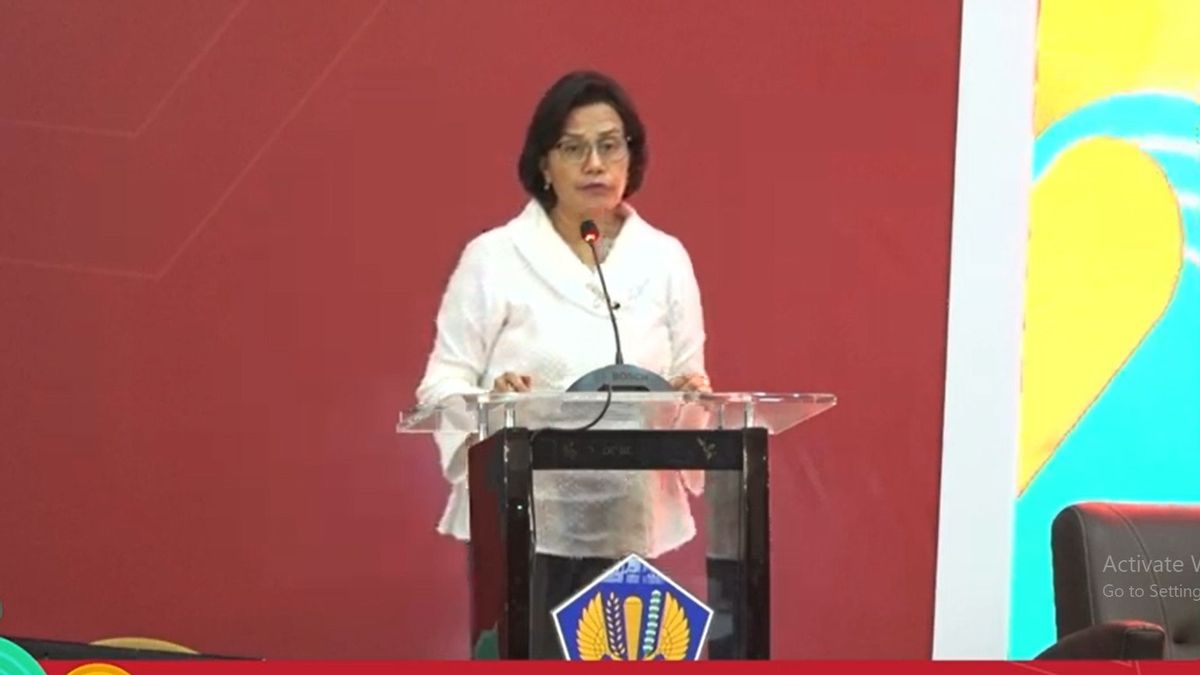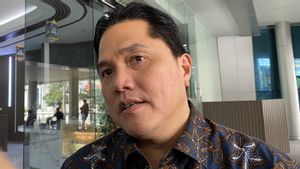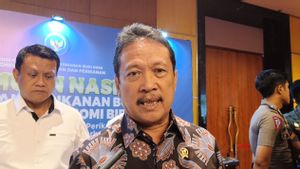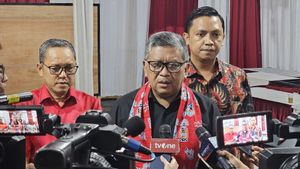Minister of Finance (Menkeu) Sri Mulyani emphasized that the issue of climate change has become an extraordinary concern (concern) in almost all countries.
According to him, world officials have committed to taking part in the United Nations Climate Change Conference (UN), also known as COP27 in Egypt in the next two weeks.
The Minister of Finance said, one of the main focuses is an indication of an increase in global temperature today.
(This meeting) believes in 2100, if things were as they are today, the world would be 2.6 degrees warmer, he said in a talk seminar on the 2023 State Budget, Friday, October 28.
Minister of Finance Sri Mulyani explained that the projected increase in temperature had passed the tolerance that had been jointly determined in 2015.
"At that time we had promised that the earth should not pass a temperature of 1.5 degrees Celsius. Maybe for some you are confused because you feel that it doesn't really matter, like when using air conditioning (AC). But in the context of the earth this is different," he said.
He revealed that a relatively high increase in temperature would have a significant impact on the earth.
"You don't know that the earth is warming 1.5 degrees Celsius or more, then not only the north or south poles are melting but also the seasonal pattern has changed altogether. Therefore, now how many natural disasters due to there are no more patterns that are considered normal or as usual," he explained.
The state treasurer even said that this condition would certainly have a "terrible" impact on human life in the future.
The dry season can be very long which then causes forest fires. Then the rainy season can also be very extreme until landslides and floods occur. All of this threatens humans," he said.
If this allegation is true, the economic side has been confirmed to have received the same threat.
"If the economy and all human activities currently produce too much carbon, then that's what is called market failure," he said.
For this reason, the government then prepared a draft and implementation of state finances that could support economic activities in line with environmentally friendly principles.
"That's where the APBN is located as an allocation function, namely including risks so that threats can be prevented. How? It can be with a carbon tax, optimizing subsidy functions and so on," said Minister of Finance Sri Mulyani.
The English, Chinese, Japanese, Arabic, and French versions are automatically generated by the AI. So there may still be inaccuracies in translating, please always see Indonesian as our main language. (system supported by DigitalSiber.id)













